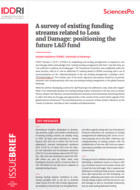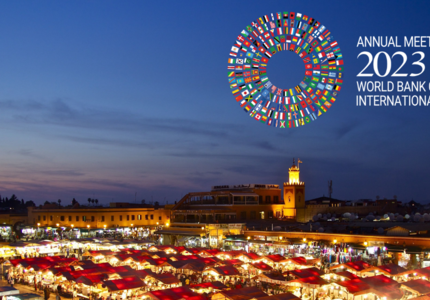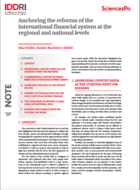Presentation
This Study analyses the situation regarding the mobilisation and implementation of financing for sustainable development in Senegal, according to the guidelines adopted by the national authorities for the country and in line with its international commitments. This case study is drawn from a comparative study on the financing of sustainable development in Ghana, Mexico, Indonesia and Senegal.
Key Messages
- Senegal, whose medium-term objective is to become an emerging economy, has an extensive set of strategies. These provide a comprehensive, albeit fragmented, framework for achieving the country's objectives and mobilising the appropriate funds. Closer links between them and detailed budgeting would enhance the operability and policy coherence of the activities planned and implemented.
- To sustain its vision and strategies and ensure a long-term transition, Senegal needs accessible, low-cost, long-term financing. The recent signing of the JETP is an example of a new option for the country that should be integrated into a more holistic approach to financing needs and the transformations to be carried out. The tools available for SDG alignment, and the multi-stakeholder approaches adopted as part of the updating of the national development policy, are aimed precisely at better directing funds and mobilising international financial partners to achieve these goals.
- Beyond volumes, the quality of financing remains an essential element in ensuring that sustainable development includes all citizens. This necessarily involves examining the adequacy of existing governance structures, for both national and international actors, so that they can be improved throughout the process and serve as effective channels for sustainable financing. The collective, multi-stakeholder consultation process put in place by Senegal is an asset that needs to be developed, as it can help achieve the consensus needed for the decision-making process if it also manages to reach out more effectively to the whole country.






